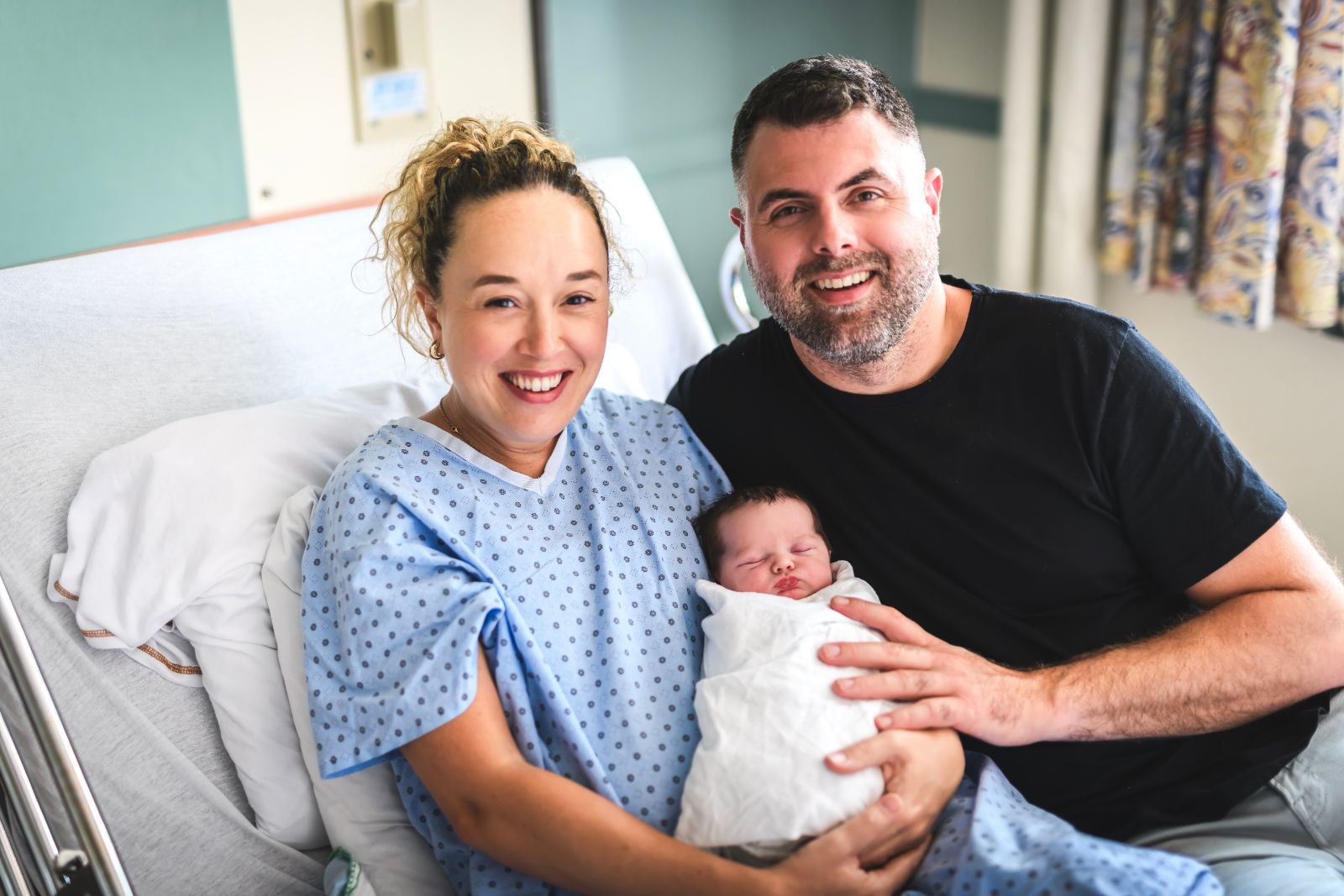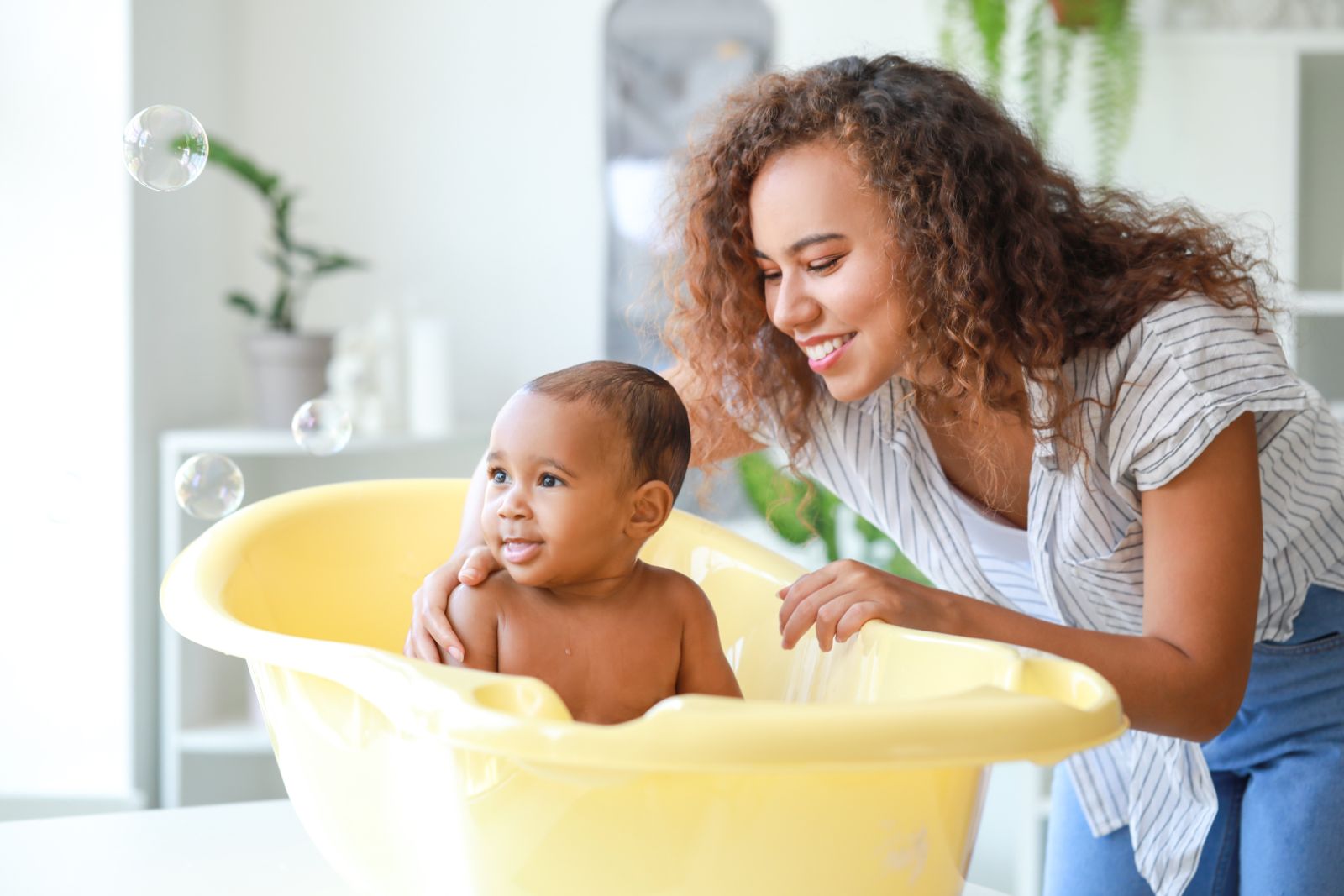Getting Pregnant After 35 Years Old
It’s definitely possible to get pregnant after you turn 35, but the odds are no longer in your favor. Female fertility experiences a significant decline after a woman’s 35th birthday due to a combination of declining egg quality and quantity and a shift in reproductive hormone levels. According to ACOG, “A woman’s peak reproductive years are between the late teens and late 20s. By age 30, fertility (the ability to get pregnant) starts to decline. This decline becomes more rapid once you reach your mid-30s….”
That said, there are things you can do to support a 35+ fertility plan. The first phase is optimizing your chances of getting pregnant on your own and making healthy lifestyle choices. Then, seek the help and support you need if there are underlying infertility issues at work.
5 Things to Know When TTC After Turning 35
Assuming she is healthy and there are no infertility factors at work, a woman in her 20s has a 25% chance of getting pregnant each month she tries; a woman in her early 30s has a 20% chance of getting pregnant each month she tries. By age 40, those numbers drop to 1 in 10, and they drop drastically from that point onward. If you’re trying to conceive (TTC) at age 35 years or older, there are several things you can do to increase your fertility chances.1. Get to know your ovulation cycle
The better you know your ovulation cycle, the better you can predict your optimal fertility window. This includes charting the length of your periods on a calendar or using a fertility tracking app and having a handful of ovulation prediction kits (OPK) at home. Once you identify your typical fertility window, you’ll time intercourse more accurately. Note: Healthy sperm live for days longer than the female egg, which has about a 12- to 24-hour lifespan. Timing intercourse for a few days before ovulating is almost more important than waiting to ovulate. By that point, the egg’s fertilization clock is ticking away. Identifying your fertility window takes about three to four months, and it also highlights any irregularities in your cycle. Schedule an immediate appointment with your gynecologist if you skip periods or have exceptionally light or heavy periods. Irregularities with your period indicate disrupted ovulation and should be addressed ASAP.2. Seek help sooner rather than later
Before age 35, we recommend that women continue trying to get pregnant by timing intercourse at home each cycle. If you’ve done this for 12 consecutive months without getting pregnant, it’s time to speak to your OB/GYN. Once you turn 35 years old, we recommend seeking help within six months of TTC; if you are 38-years old or older, you should seek help after three months of no conception. While we don’t want healthy women to jump the gun or become overconcerned too soon, we also want to make sure we identify potential infertility issues and create a personalized fertility plan that optimizes egg quality and quantity.3. Focus on healthy lifestyle habits
A healthy diet and positive lifestyle habits are essential to supporting fertility, especially true for women in their mid-30s or beyond. First and foremost, we recommend a healthy diet such as shifting to the Mediterranean diet or similar nutrition plans that support nutrition and eliminates inflammatory foods that can exacerbate underlying infertility/health factors. Weight management is also essential because there is a direct correlation between women (and men!) who are overweight/obese and lower fertility rates. Other important changes include:- Exercising daily
- Quitting smoking and all cannabis products
- Minimizing alcoholic beverages to less than 4 drinks per week
- Establishing healthy sleep habits
- Reducing caffeine consumption to 1 cup of coffee (or one shot of espresso) per day





















